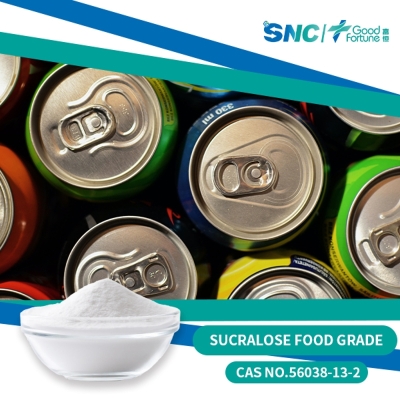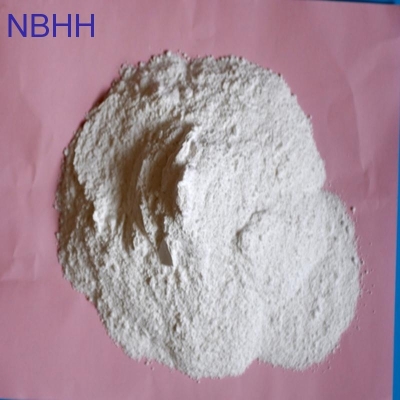-
Categories
-
Pharmaceutical Intermediates
-
Active Pharmaceutical Ingredients
-
Food Additives
- Industrial Coatings
- Agrochemicals
- Dyes and Pigments
- Surfactant
- Flavors and Fragrances
- Chemical Reagents
- Catalyst and Auxiliary
- Natural Products
- Inorganic Chemistry
-
Organic Chemistry
-
Biochemical Engineering
- Analytical Chemistry
-
Cosmetic Ingredient
- Water Treatment Chemical
-
Pharmaceutical Intermediates
Promotion
ECHEMI Mall
Wholesale
Weekly Price
Exhibition
News
-
Trade Service
There is substantial evidence that the gut microbiota directly affects the balance of pro- and anti-inflammatory responses in the gut
Because microbes depend on dietary substrates in the gut, the gut microbiome is often considered the medium through which food exerts pro- and anti-inflammatory effects
Other studies in mice and humans have shown that ingredients added during food processing, including dietary emulsifiers, antimicrobial additives and artificial sweeteners, can promote intestinal permeability and intestinal inflammation by increasing mucus bacteria and endotoxins
Since microbes thrive on dietary substrates, scientists have asked whether they can nourish an anti-inflammatory gut ecosystem? To this end, experts from the Department of Gastroenterology and Hepatology at the University of Groningen in the Netherlands investigated Relationships between 173 dietary factors and the microbiome of 1425 individuals across 4 cohorts, aiming to uncover the interplay between diet, gut microbiota and their functional capacity to induce intestinal inflammation
The researchers selected 4 cohorts of Crohn's disease, ulcerative colitis, irritable bowel syndrome, and the general population
The results showed 38 associations between dietary patterns and the microbiome
Among them, processed foods and foods of animal origin were consistently associated with higher abundances of Firmicutes, Ruminococcus species of the genus Blautella, and endotoxin synthesis pathways
Unsupervised dietary cluster analysis reveals common food patterns
To this end, the researchers identified dietary patterns consistently associated with bacterial groups that have a common functional role in health and disease
In conclusion, a plant-based diet can protect the intestinal mucosa and have anti-inflammatory effects
(Source: Bio Valley)
"China Food News" (May 14, 2021 03 edition)
(Editor-in-charge: Han Songyan)







